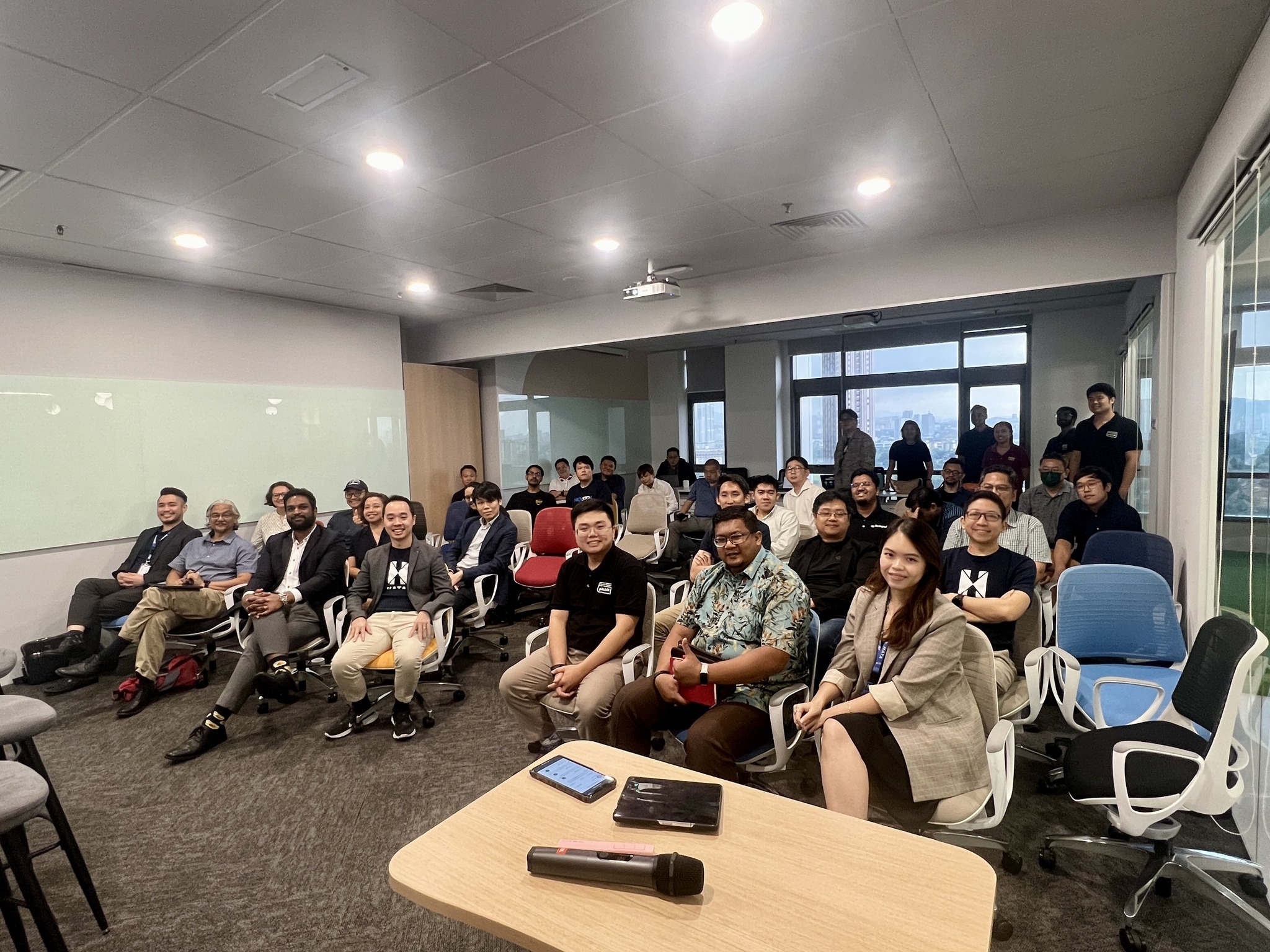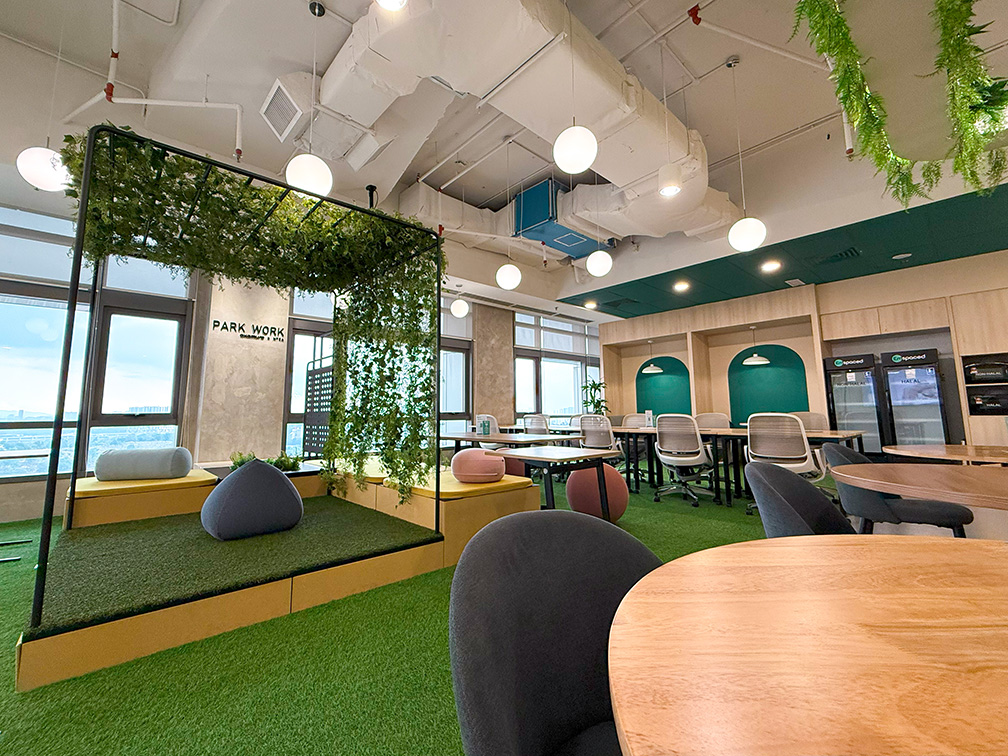The Cornerstone of Productivity: Why Mental Health at Work Isn’t Just a Benefit, It’s Essential
In today’s dynamic work environment, particularly in a bustling hub like Kuala Lumpur, we often prioritize deadlines, targets, and output. However, the foundation upon which all this success is built – the mental well-being of our workforce – is often overlooked. Ignoring mental health at work isn’t just a matter of employee welfare; it’s a critical oversight that impacts productivity, innovation, and the overall success of any organization.
The Tangible Costs of Neglecting Mental Health:
The notion that mental health is a personal issue separate from the workplace is outdated and inaccurate. Poor mental health can manifest in numerous ways that directly affect a company’s bottom line:
- Reduced Productivity: Employees struggling with anxiety, depression, or burnout often experience decreased focus, difficulty concentrating, and lower energy levels, directly impacting their output and efficiency.
- Increased Absenteeism and Presenteeism: Mental health challenges can lead to more sick days. Even when physically present (“presenteeism”), employees may be disengaged and less productive due to their mental state.
- Higher Turnover Rates: A workplace that doesn’t prioritize mental well-being can contribute to stress and dissatisfaction, leading valuable employees to seek more supportive environments. Replacing employees is costly in terms of recruitment, training, and lost institutional knowledge.
- Damaged Workplace Culture: A negative or unsupportive atmosphere can breed stress and anxiety. Conversely, a mentally healthy workplace fosters better communication, collaboration, and morale.
- Increased Healthcare Costs: Untreated mental health issues can contribute to higher healthcare expenses for both employees and employers.
- Impaired Decision-Making and Creativity: Stress and mental fatigue can cloud judgment and stifle innovative thinking.
The Positive Impact of Prioritizing Mental Health:
Investing in the mental well-being of your employees yields significant positive returns:
- Enhanced Productivity and Performance: When employees feel supported and mentally healthy, they are more engaged, focused, and productive.
- Improved Employee Retention: A workplace that values mental health creates a sense of loyalty and encourages employees to stay long-term.
- Stronger Workplace Culture: Open conversations about mental health and supportive policies foster a more empathetic, inclusive, and positive environment.
- Increased Innovation and Creativity: A mentally healthy workforce is more likely to feel safe to take risks, share ideas, and contribute creatively.
- Reduced Absenteeism and Presenteeism: Employees who feel supported are less likely to take time off or be unproductive while at work.
- Better Team Collaboration: A positive mental state fosters better communication, trust, and collaboration among team members.
- Enhanced Company Reputation: Organizations known for prioritizing employee well-being often attract top talent and build a positive public image.
Creating a Mentally Healthy Workplace in Kuala Lumpur (and Beyond):
Building a supportive environment requires a multi-faceted approach:
- Open Communication and Awareness: Encourage open conversations about mental health and reduce stigma through workshops, talks, and internal communications.
- Mental Health Resources and Support: Provide access to confidential counseling services, employee assistance programs (EAPs), and mental health professionals. Be aware of local resources available in Kuala Lumpur.
- Flexible Work Arrangements: Where possible, offer flexible work hours, remote work options, or compressed workweeks to help employees achieve a better work-life balance.
- Promote Work-Life Balance: Encourage employees to take breaks, use their vacation time, and disconnect outside of work hours. Lead by example.
- Manager Training: Equip managers with the skills to recognize signs of mental distress in their team members and how to offer support appropriately.
- Ergonomics and Well-being Initiatives: Ensure a comfortable and safe physical work environment. Consider initiatives like wellness programs, mindfulness sessions, or physical activity challenges.
- Foster a Culture of Empathy and Understanding: Encourage a supportive and non-judgmental environment where employees feel comfortable reaching out for help.
- Regular Check-ins: Encourage managers to have regular, informal check-ins with their team members to gauge their well-being.
- Lead by Example: Senior leadership should openly prioritize their own mental health and advocate for a mentally healthy workplace culture.
In Conclusion:
In the competitive landscape of Kuala Lumpur and the globalized world, the mental health of your employees is not a secondary concern – it’s the bedrock of a thriving and sustainable organization. By recognizing its importance and actively investing in creating a supportive and mentally healthy workplace, businesses can unlock greater productivity, foster innovation, retain top talent, and ultimately achieve greater success. It’s time to shift the paradigm and recognize that a healthy mind truly is the most valuable asset any company possesses.







